See new work by art students at Central Saint Martins, created during the seismic shifts of lockdown and pandemic
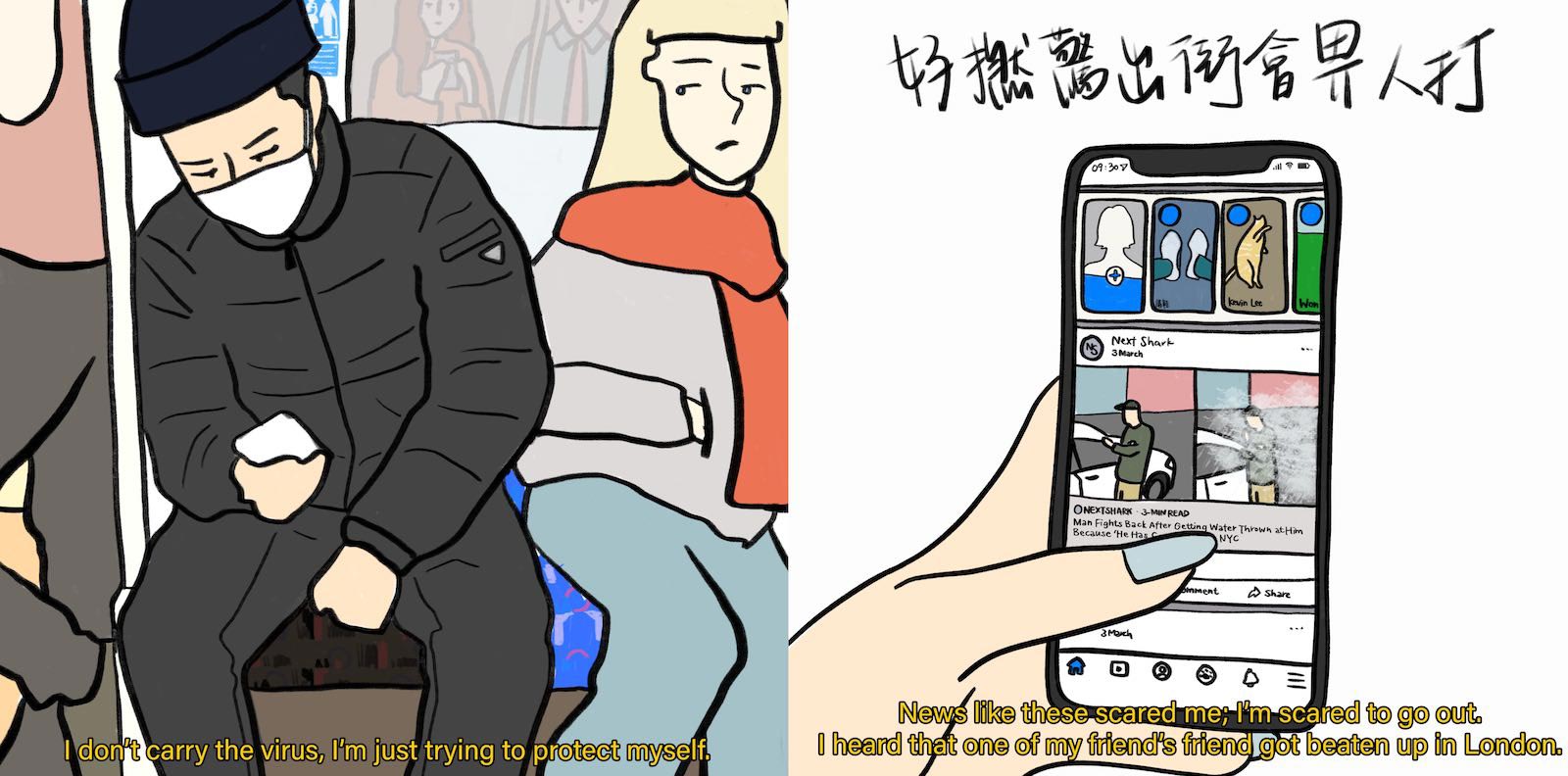
Autograph has an incredible and unique collection of photography, charting the contributions of diverse cultures to the UK over two centuries. This archive doesn’t just live in boxes (though it does that too, in a special climate-controlled room next to our office) – we take it to schools and workshops, exhibit it, project it on buildings, insert it into national museums, loan it, make resources from it, and even inspire people to start their own archives. We share it. The archive isn’t static, it’s alive and in the world. And it helps to fill in a ‘missing chapter’ of photographic history, making visible diverse presences and practitioners. The archive is active.
Ali Eisa leads our learning and participation work, and earlier this year he was putting the finishing touches on Art, Activism & Archive, part of a wider teaching project for art students at Central Saint Martins. It’s a familiar refrain now, that Covid-19 forced a change in plans. As students had to make difficult decisions whether to travel home, the class scattered across the UK and internationally to Hong Kong, Poland, France, Qatar and Brazil. Many found themselves in lockdown once they got there.
The group came together online to complete the course. Our goal was to use Autograph’s archive to empower the students to think critically about how their art is produced and received within – or without – art institutions. The challenges of a pandemic offered new ways to explore these ideas.
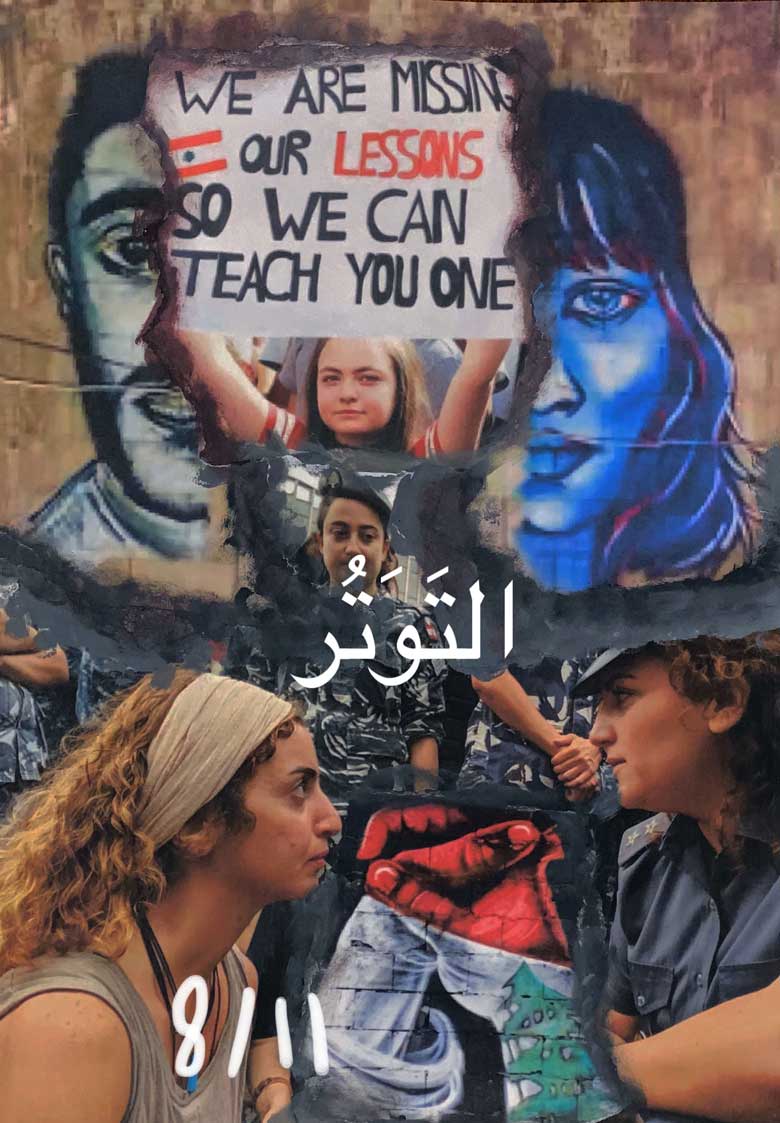
While assigning texts by Professor Stuart Hall (a past Chair of Autograph), Ali shared the art practices of Rotimi Fani-Kayode, Joy Gregory, Zanele Muholi, Aida Silvestri, Syd Shelton, Mahtab Hussain, and more. The students were encouraged to gather their own personal family albums and archives, discussing the work of theorist Tina Campt and the idea of ‘listening to images’ - how vernacular family albums can tell stories about personal and political experience. Fascinating personal and family histories were shared. The group then dived into the politics and ethics of how artworks can speak for, with or about other people’s experience.
Over a mere four weeks, during the seismic shifts of lockdown and pandemic, varying internet connections, time zone differences, and the sudden move to working online, the students created new art.
Inspired by what they had explored with Ali and their experiences of Covid-19, the group logged in for a final online session to share what they had made: archive images and memories of Basque refugees to the UK, portraits of Brazilian delivery drivers working during the Covid-19 crisis, textile prints making coronavirus visible as a pattern, photography and performance on the empty streets of Paris during lockdown, a visual diary of the perception and discrimination aimed at Asian people and the wearing of face-masks in Hong Kong and UK, video exploring the plight of domestic workers and issues of power and gender.
Scroll down to see a selection for yourself. It demonstrates the incredible level of commitment and experimentation on the part of the students to develop their practice and to keep creating. It’s also a testament to the power of archives to inspire and educate.
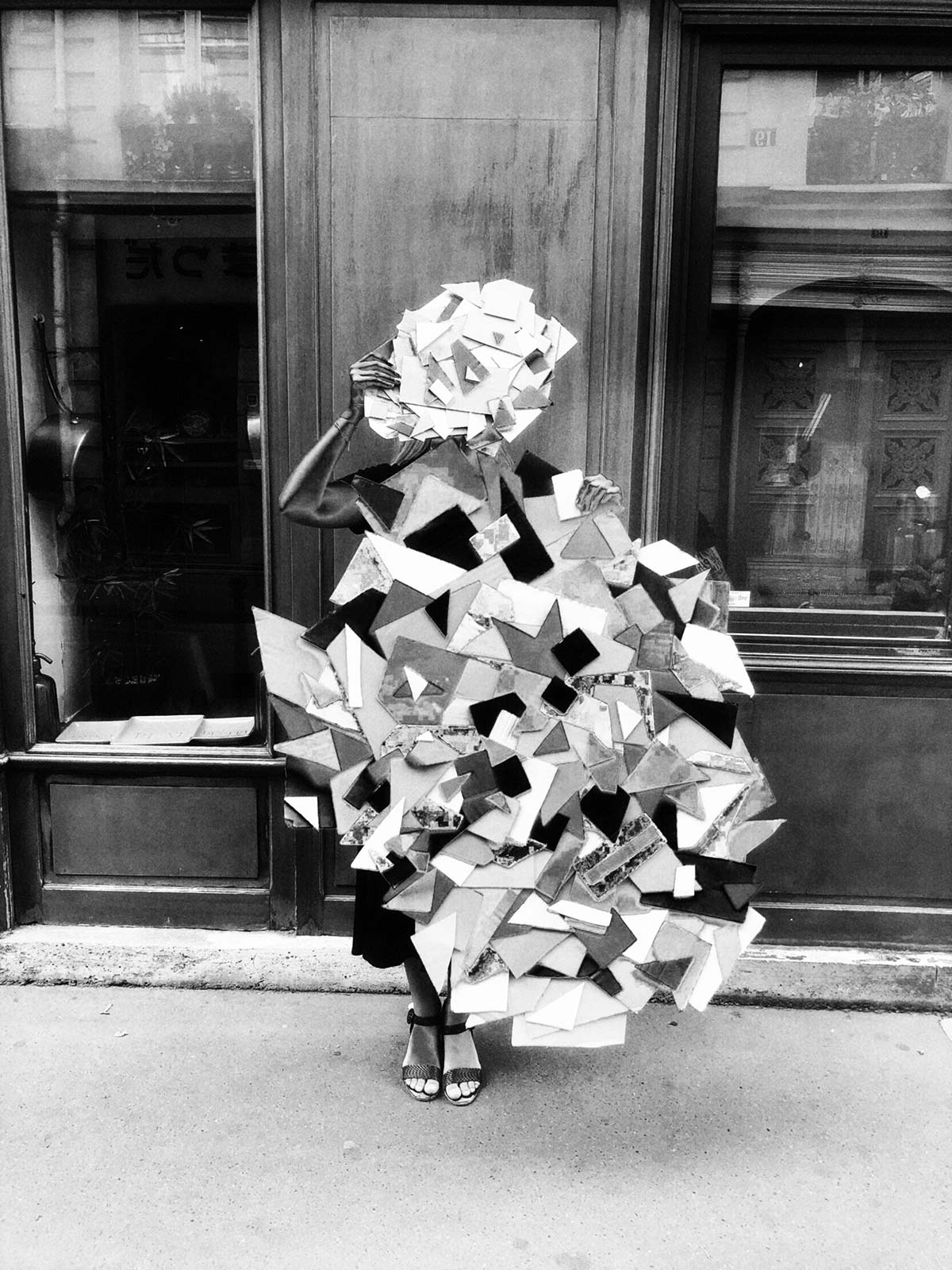
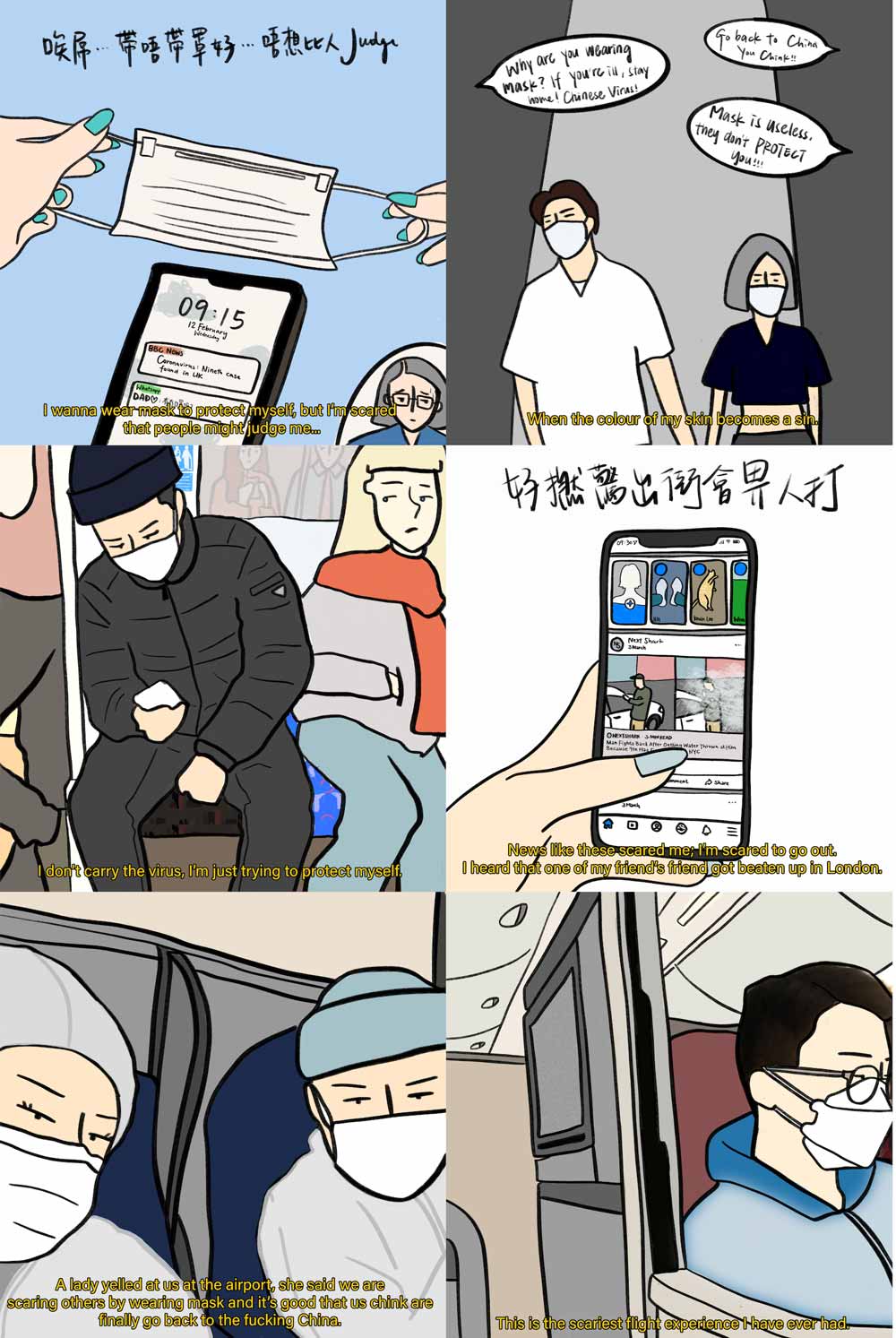
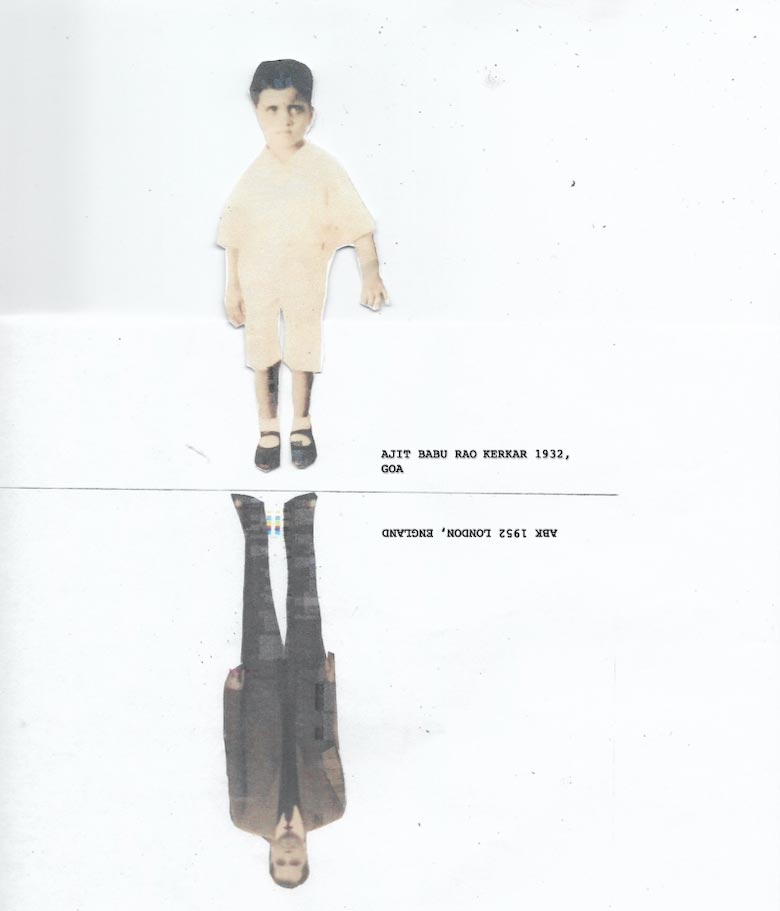
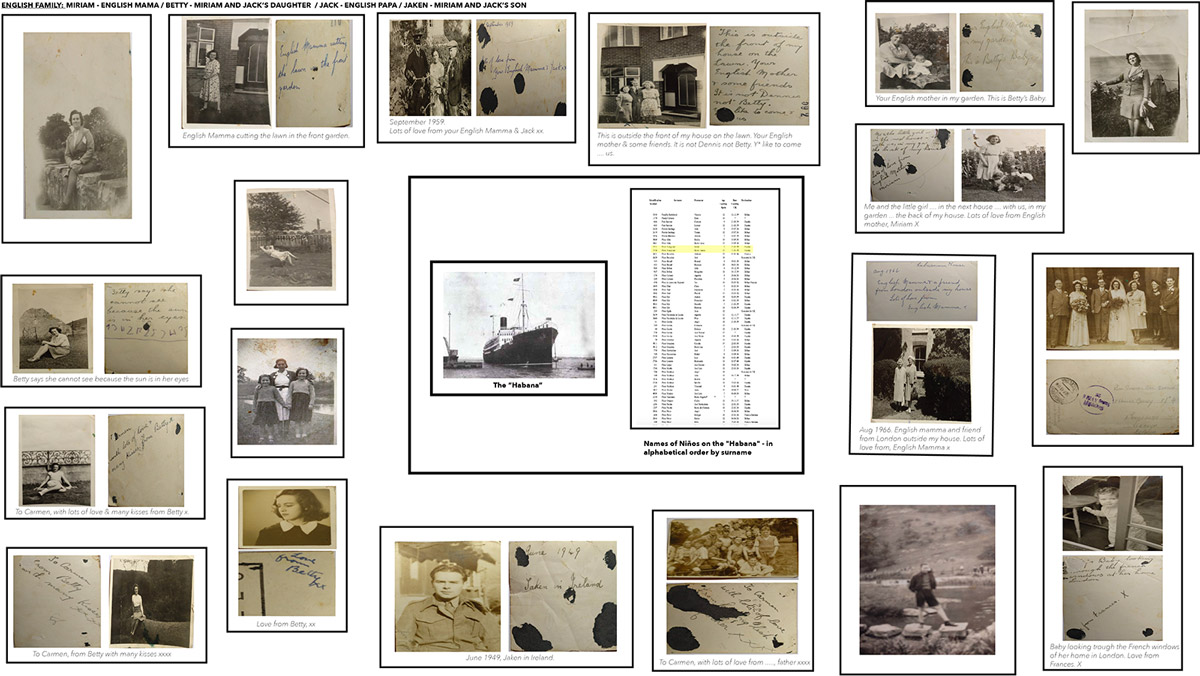
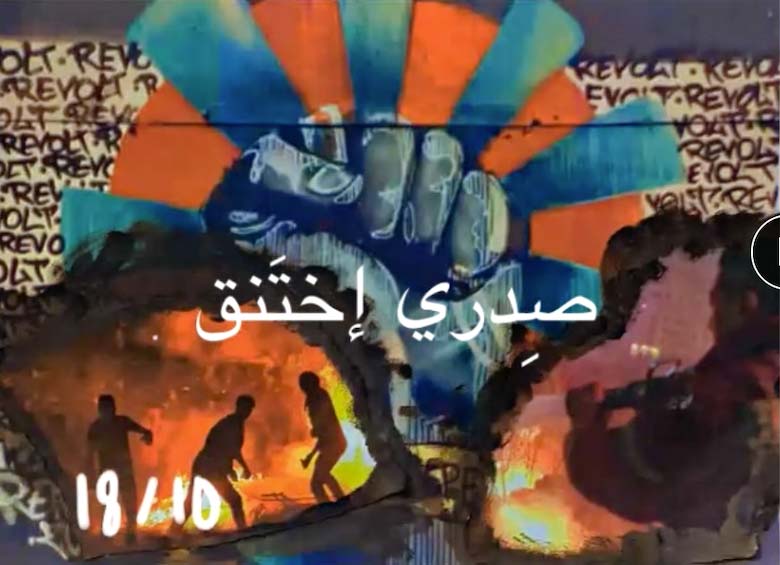
Can you spare a few moments? Autograph is carrying out a survey to better understand who our digital audiences are.
The survey should take no longer than five minutes to complete.
Anything you tell us will be kept confidential, is anonymous and will only be used for research purposes.
The information you provide will be held by Autograph and The Audience Agency, who are running the survey on our behalf. In compliance with GDPR, your data will be stored securely and will only be used for the purposes it was given. You can take the survey here. Thank you!
Banner image: Ruby Chan, LHR - HKG [detail], 2020
Autograph is a space to see things differently. Since 1988, we have championed photography that explores issues of race, identity, representation, human rights and social justice, sharing how photographs reflect lived experiences and shape our understanding of ourselves and others.